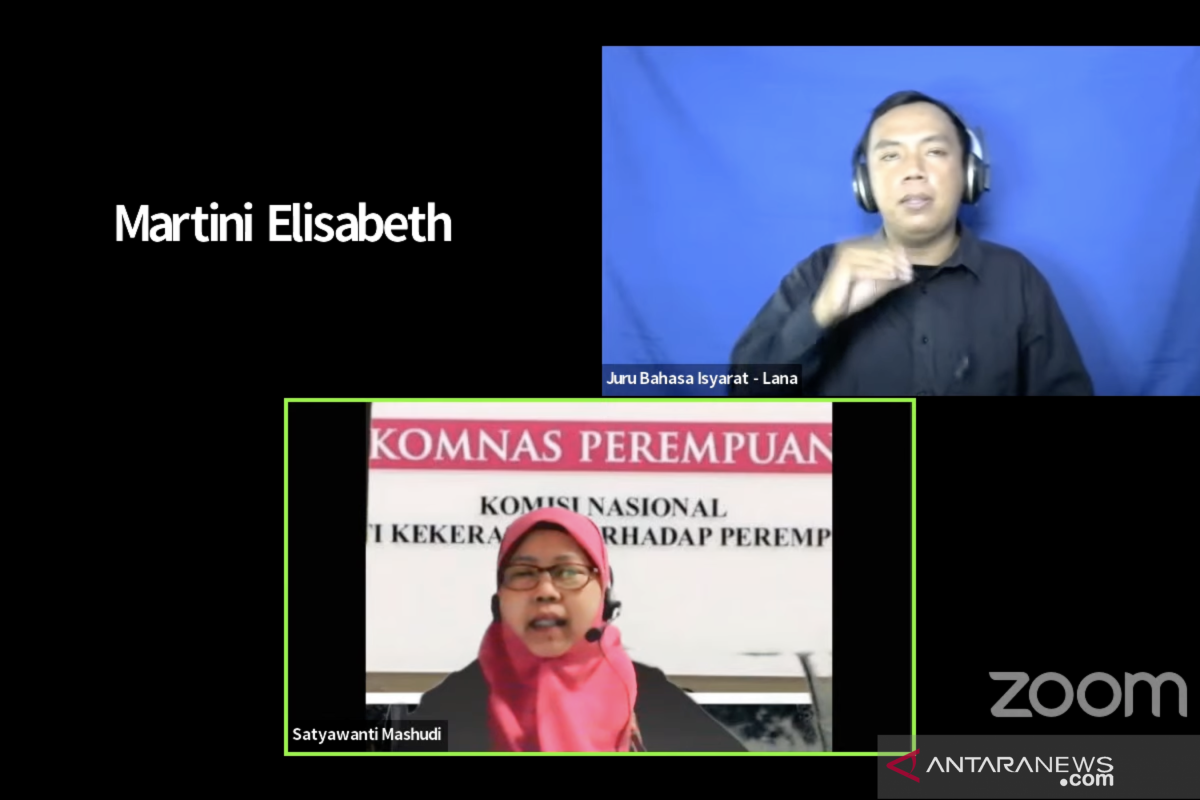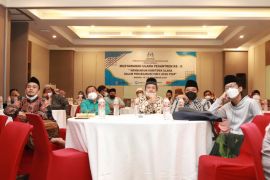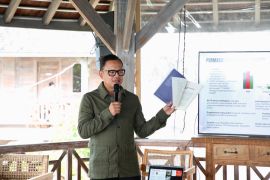"Today, one-third of girls are less likely to experience FGM than they were 30 years ago,"Jakarta (ANTARA) - The National Commission on Violence against Women (Komnas Perempuan) said that cooperation between parties and elements of society is important for addressing the practice of female genital mutilation and cutting (FGM).
"We encourage efforts to eliminate FGM in a systematic and coordinated manner through the involvement of various stakeholders and elements of society," Komnas Perempuan member Satyawanti Mashudi said here on Monday.
She added that FGM should be eliminated by focusing on human rights, gender equality, and comprehensive sexual education, as well as paying attention to the needs of women and girls who suffer as a result of the practice.
Since 2016, the UN has sought to end the practice of FGM. It is targeting to fully end it by 2030 in accordance with Sustainable Development Goal No. 5, namely Gender Equality.
The global theme associated with this issue is "Ending Female Genital Mutilation By 2030."
Mashudi said that based on UN records, the prevalence of FGM has fallen globally over the past three decades.
"Today, one-third of girls are less likely to experience FGM than they were 30 years ago," she pointed out.
However, she said, the slow decline in FGM prevalence has partly been due to humanitarian crises such as disease outbreaks, climate change, and armed conflict.
"In 2024, nearly 4.4 million girls, or more than 12 thousand every day, are at risk of this practice worldwide. This is predicted to increase to 4.6 million by 2030 if efforts to end this practice are not intensive," she highlighted.
Earlier, the Ministry of Women's Empowerment and Child Protection said that female genital mutilation should be ended because it is dangerous and in violation of women's rights.
Related news: All-party synergy key to preventing female circumcision: ministry
Related news: Female circumcision harming women: ministry
Translator: Anita D, Kenzu
Editor: Arie Novarina
Copyright © ANTARA 2024











